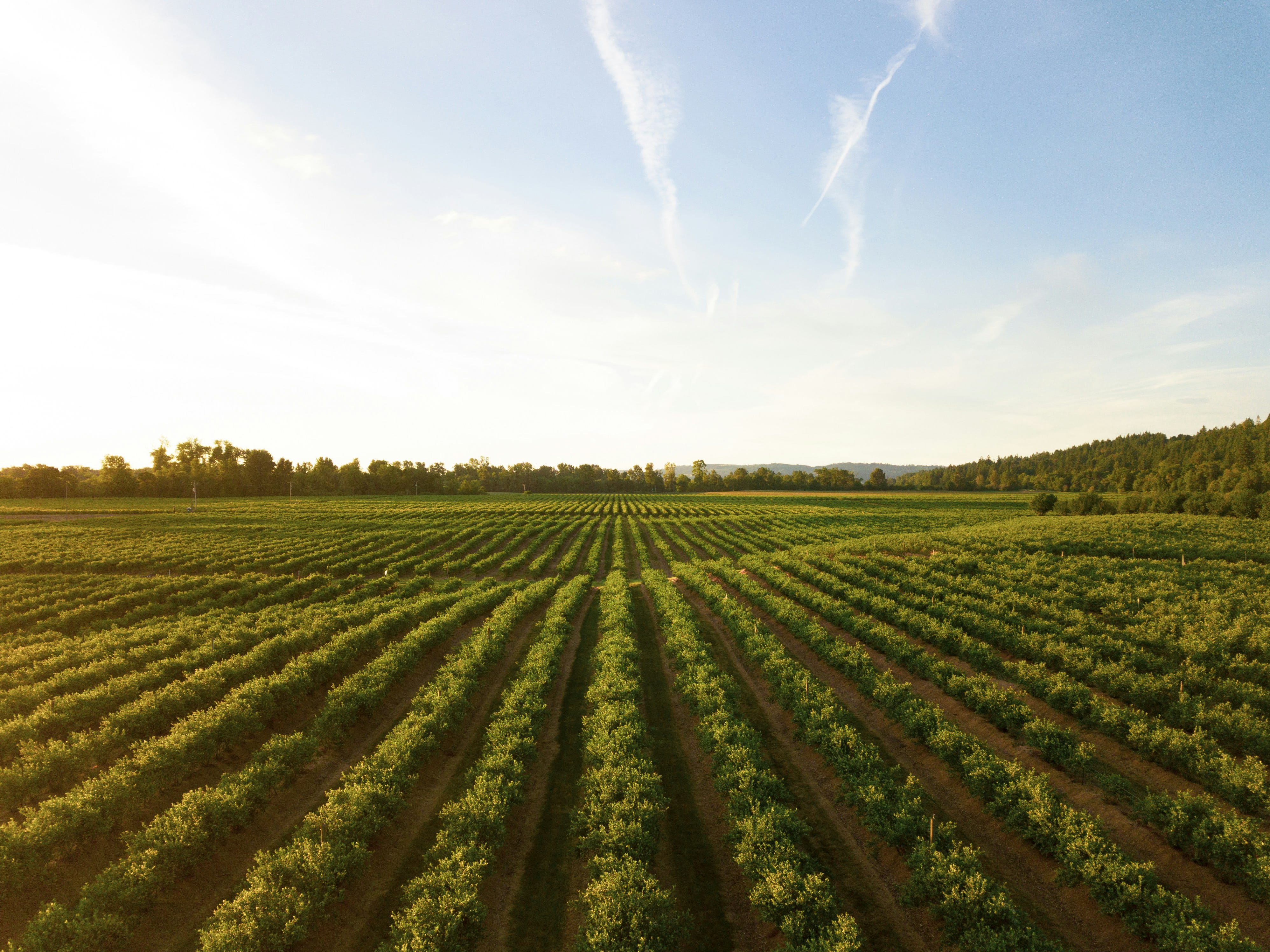
In the face of escalating climate challenges, agriculture stands at the crossroads of transformation. While the sector contributes a modest 5% to the US GDP, it has a far-reaching impact on our daily lives. It not only provides our food but also supplies fibers for clothing and ingredients for various consumer products. However, its environmental footprint is significant. It is also a major driver of climate change and biodiversity loss, accounting for about 25% of global greenhouse gas emissions and contributes heavily to deforestation.
In my forthcoming book The Profiteers: How Business Privatizes Profit and Socializes Cost, I discuss a set of new solutions that can reduce negative environmental impact while meeting the needs of growing populations. The shift towards regenerative farming practices is gaining momentum, driven by the urgent need for resilience in our food systems and supply chains.
I recently had the privilege of speaking with Dave Haynes, Managing Director at Pollination and former CEO of rePlant Capital. This conversation provided profound insights into the evolving landscape of sustainable agriculture and Pollinations pivotal role in this transition. Read more for some key points from my Forbes article:
Demand for Sustainable Solutions: Haynes highlighted two major forces propelling the shift towards sustainable agriculture: institutional finance and consumer products companies. He noted, "Institutional finance committed trillions towards climate action," indicating a significant pivot towards agricultural investment.
Challenges in Transition: The lack of historical data on regenerative practices poses a considerable barrier, making financial institutions cautious. Haynes elaborated on the need for education and financing to facilitate this transition, emphasizing collaboration with farmers.
The Role of Consumer Goods Companies: These companies are crucial in driving the agricultural sector towards sustainability. "They realize there is a lot of education and financing involved to make this transition," Haynes stated, highlighting the importance of setting ambitious carbon neutrality goals.
Collaboration for Change: Haynes pointed out the importance of collaborative efforts involving corporates, financial institutions, NGOs, and producers in driving sustainable practices. "Cultural barriers are a major challenging factor," he mentioned, underlining the need for philosophical shifts among producers.
Government and Private Sector Roles: The private sector, according to Haynes, plays a crucial role in financing and de-risking investments in sustainable practices. He mentioned innovative financial solutions like first loss capital and credit enhancement as examples of how Pollination is facilitating this shift.
Vision for the Future: Haynes's vision for the future involves transforming the existing food and agriculture systems through economically enticing models. "The healthier the soil, the lower the interest rates," he proposed, suggesting a direct link between sustainable practices and financial incentives.
The insights shared by Haynes underscore the significance of adopting regenerative agricultural practices for a sustainable future. Business leaders can draw valuable lessons from Pollination’s, particularly in the areas of collaboration, innovative financing, and the integration of sustainability goals into corporate strategy.
